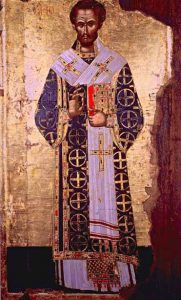 Day 8 – Friday
Day 8 – Friday
Read: Gospel of John 17:18–24
Prayer. For You, Lord, are the help of the helpless, the hope of those without hope, the Savior of the storm-tossed, the haven of those at sea, the physician of the sick. Be all things to all people, O You Who know each one and their request, each household and its needs. Deliver, O Lord, this city (this village, this monastery), and every city, town and village, from famine, plague, earthquake, flood, fire, sword, foreign invasion and civil war. (Divine Liturgy of St. Basil the Great)
Missionary tasks.
1. Personal/Family. Over the past year how have I done good to a neighbor in need? As a family let us resolve to engage in some form of charitable works once a month for the benefit of someone who lives close and is in need.
2. Parish. Let us frequently inform our parishioners about di erent social ministry initiatives in our parish. Let us keep the community informed about parish members who are in need (especially the elderly who live alone). Let us encourage our parish youth to organize and implement some initiative for the bene t of the needy on the territory of our parish.
3. Beyond the parish. Let us look if among my neighbors there isn’t some individual or family that is in dire need. Let us try to help this person, these persons, with a kind word, with some concrete assistance.
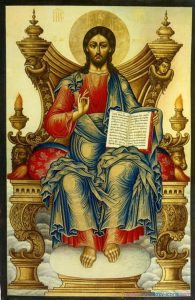 Day 7 – Thursday
Day 7 – Thursday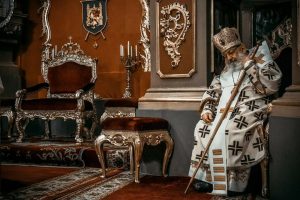 His Beatitude, Cardinal Lubomyr Husar fell asleep in the Lord at 6:30 pm (Kyiv time), Wednesday, May 31, 2017.
His Beatitude, Cardinal Lubomyr Husar fell asleep in the Lord at 6:30 pm (Kyiv time), Wednesday, May 31, 2017.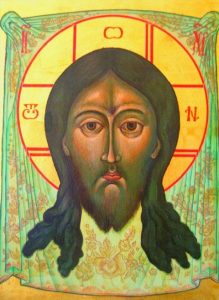 Day 6 – Wednesday
Day 6 – Wednesday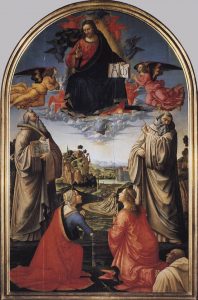 Day 5 – Tuesday
Day 5 – Tuesday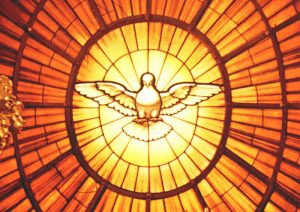 Day 3 – Sunday
Day 3 – Sunday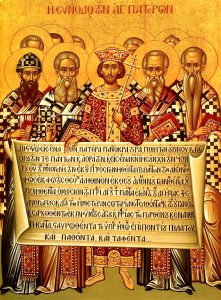 On this Sunday, we commemorate the First Ecumenical Council held in the year 325. This Council defined our faith in Christ, that he was truly God, who had been born of the Virgin Mary as a human being, therefore uniting God and us. The proclamation of faith that they composed is now read at every Divine Liturgy. It was completed in its present form at the Council of Constantinople in 381, with a fuller definition of the nature of the
On this Sunday, we commemorate the First Ecumenical Council held in the year 325. This Council defined our faith in Christ, that he was truly God, who had been born of the Virgin Mary as a human being, therefore uniting God and us. The proclamation of faith that they composed is now read at every Divine Liturgy. It was completed in its present form at the Council of Constantinople in 381, with a fuller definition of the nature of the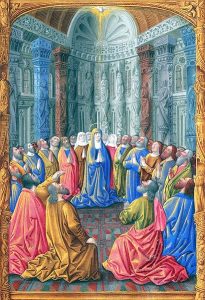 Day 2 – Saturday
Day 2 – Saturday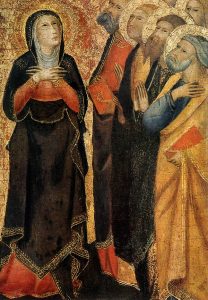 Sunday, 5/28/17 Seventh Sunday of Pascha, Holy Fathers of the 1st Ecumenical Council of Nicea
Sunday, 5/28/17 Seventh Sunday of Pascha, Holy Fathers of the 1st Ecumenical Council of Nicea